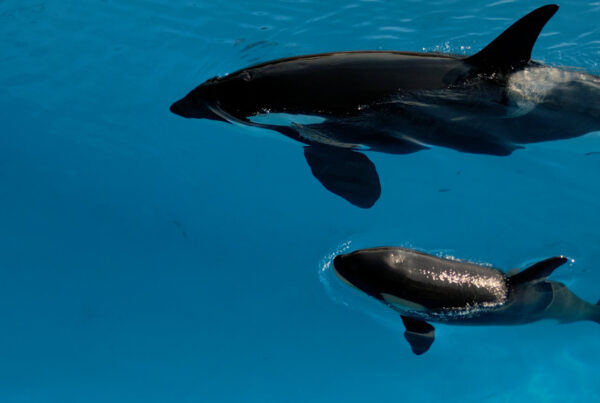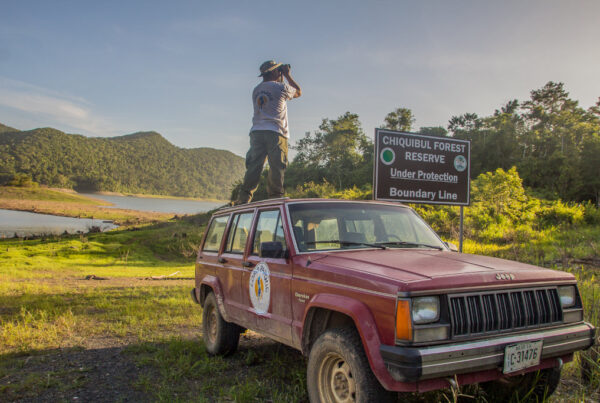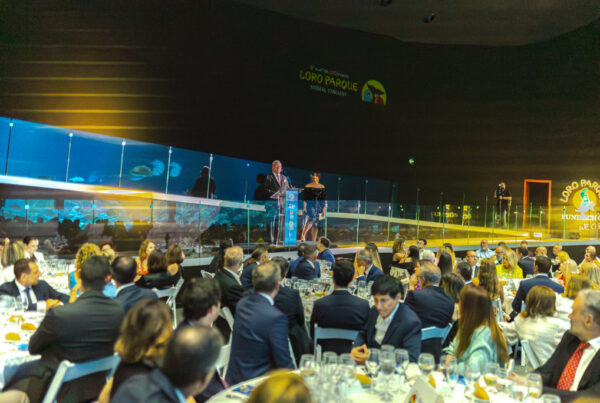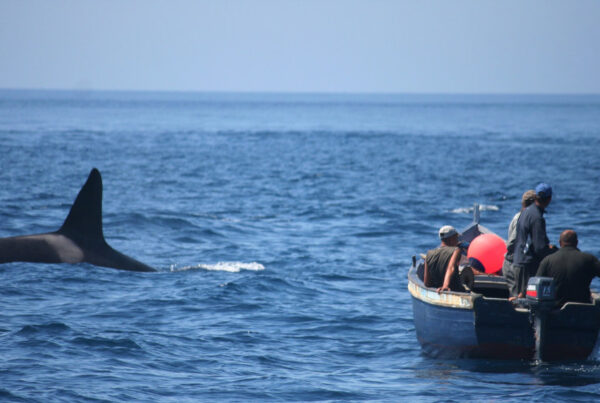
| Category | Land |
| Date | 2006 |
| Investment | 583.130,00$ |
LPF’s actions have saved the Lear’s Macaw from extinction. Among the work carried out is the reintroduction into the wild of specimens born in Tenerife.
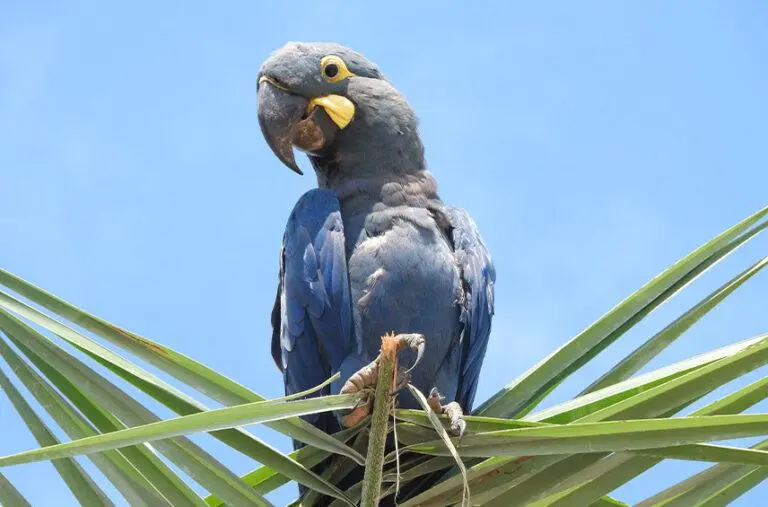
Lear’s Macaw
Conservation and reintroduction of the Lear’s Macaw

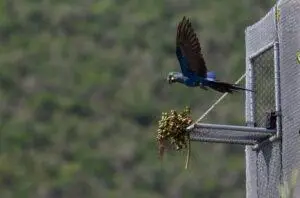
It is estimated that the current limiting factor for the species’ recovery is the reduction of food resources, especially the licurí. This is due to habitat destruction caused by fires carried out to clear the land and then use it for cattle fodder and maize, beans, and cassava or yucca crops.
LPF also supported a programme to compensate farmers for damages caused by Lears Macaws to their maize crops. For this programme, thanks to the support of the Loro Parque Fundación, maize plantations where the macaws feed have been quantified, geo-referenced and measured, and the actual damage to plantations has been assessed in order to compensate farmers for possible losses.
One of the main actions carried out by Loro Parque Fundación has been the reintroduction of Lear’s macaws bred in Tenerife. Nine specimens of the endangered Lear’s Macaw, born and bred in Tenerife, were sent to their home country, Brazil, to be socialised with other macaws and later released. This is the most significant repatriation of this endangered macaw to Brazil, occurring after ten years of Loro Parque Fundación’s involvement in the international protection programme for the species and thanks to the successful work at its breeding station.
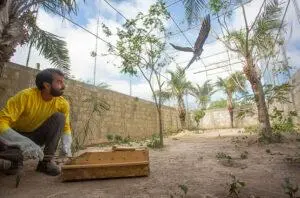
In 2022 the first chick of a pair of Lear’s macaws born and raised at Loro Parque Fundación was born, and reintroduced in 2019 in the Brazilian Caatinga. Undoubtedly, a real milestone for the conservation of this species, and for all conservation and ex situ breeding programmes.
BLOG
News

